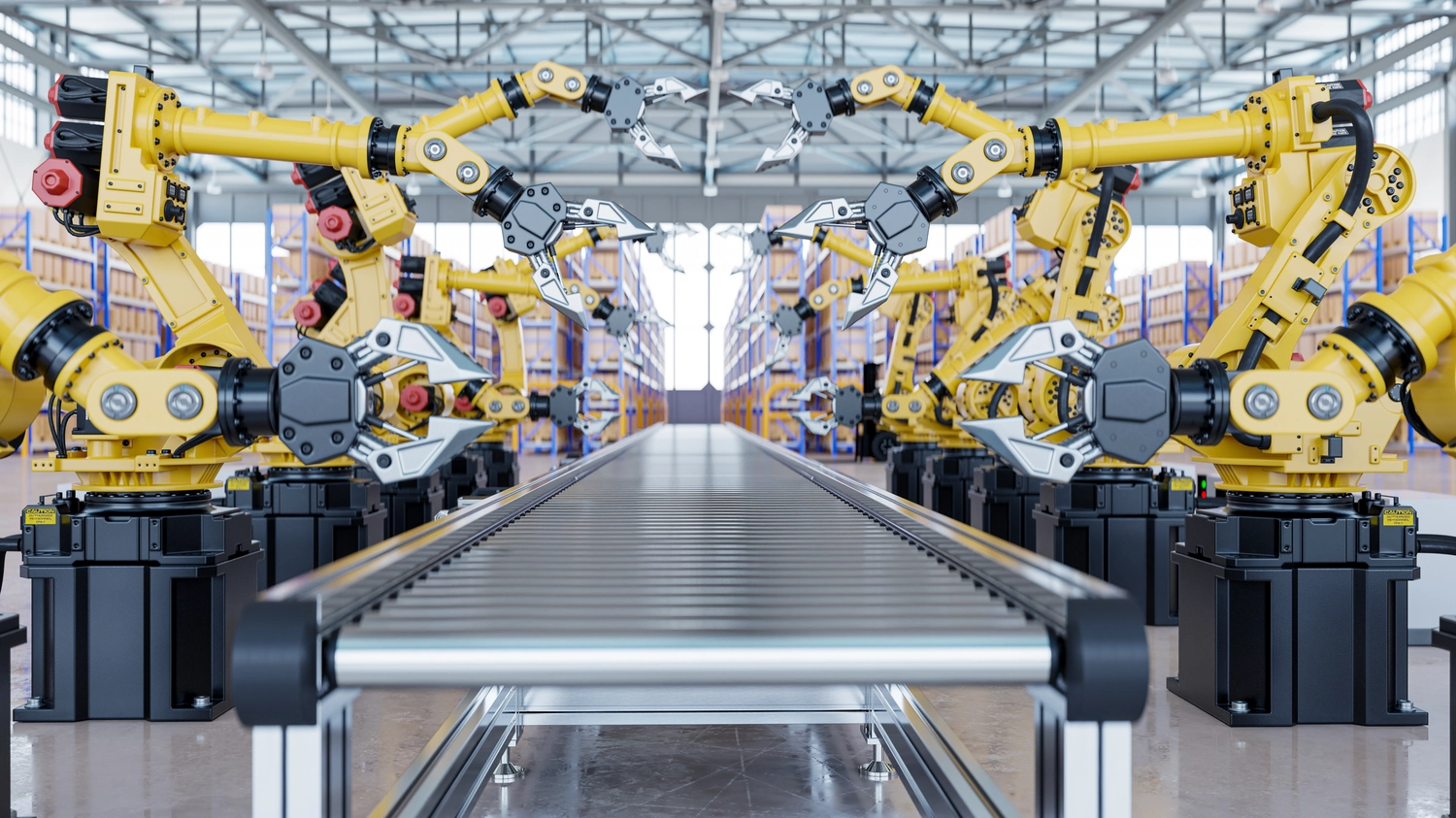The modern industrial landscape is undergoing a massive transformation, driven by the rise of automated control systems. These systems are revolutionizing operations across a wide array of industries, offering increased efficiency, improved safety, and reduced operational costs. From manufacturing plants to commercial buildings, automated controls are integral to the future of industrial and commercial applications. This guide explores the most critical aspects of automated control systems and how they are shaping the future of automation.
Whether you’re in manufacturing, energy, or any other sector that requires precision and efficiency, automated control systems are designed to streamline processes, minimize human error, and increase productivity. Explore the vast benefits of these systems in our comprehensive guide to The Complete Guide to Automated Controls for Industrial and Commercial Applications.
What Are Automated Control Systems?
Automated control systems are technologies that monitor, manage, and control industrial and commercial processes with minimal human intervention. These systems consist of various components such as sensors, controllers, and human-machine interfaces (HMIs) that work together to perform specific tasks automatically. The goal of automated control systems is to optimize processes by improving precision, reducing human error, and increasing productivity.
In industries like manufacturing, energy, and utilities, automated controls are used to manage complex systems such as power grids, assembly lines, and production facilities. In commercial buildings, automated systems control HVAC systems, lighting, and security, improving operational efficiency and sustainability.
For more insight into the core components and technologies driving automation, visit Types of Automated Control Systems.
Key Benefits of Automated Control Systems
Automated control systems offer several critical benefits for industries seeking to streamline operations and improve performance. These include:
- Increased Efficiency: Automated systems can operate 24/7 without fatigue, optimizing processes and increasing production output.
- Reduced Operational Costs: By minimizing human intervention and reducing the need for manual labor, businesses can lower operational costs.
- Improved Safety: Automated systems can monitor hazardous environments, reducing the risk of accidents and ensuring a safer workplace.
- Scalability: As businesses grow, automated systems can be easily scaled to accommodate larger operations or new processes.
- Real-Time Monitoring: Automated controls provide real-time data on equipment performance, allowing for quick adjustments to optimize performance.
If you’re interested in the specific benefits of automation in your industry, check out Benefits of Automated Controls in Specific Industries.
The Role of AI and Machine Learning in Automation
One of the most exciting advancements in automated control systems is the integration of Artificial Intelligence (AI) and Machine Learning (ML). AI-powered systems can analyze vast amounts of data in real time, identifying patterns and making predictions that improve process optimization. ML algorithms allow automated systems to learn from data, continuously improving their performance over time.
For example, AI-driven predictive maintenance systems can monitor equipment performance and predict when failures are likely to occur, allowing businesses to perform maintenance before issues arise. This proactive approach reduces downtime and minimizes repair costs.
For more on AI’s role in automation, visit Trends and Innovations in Automated Control Systems.
Core Technologies of Automated Control Systems
Several technologies form the backbone of automated control systems. These include:
- Programmable Logic Controllers (PLCs): These devices control machinery and processes in real-time, offering precise control over production lines, HVAC systems, and more.
- Supervisory Control and Data Acquisition (SCADA): SCADA systems monitor and control industrial processes, providing real-time data and enabling operators to make quick adjustments.
- Distributed Control Systems (DCS): DCS divides control functions across multiple controllers, making them ideal for large-scale operations such as power plants and refineries.
- Building Management Systems (BMS): BMS systems manage HVAC, lighting, and security in commercial buildings, ensuring efficient operation and energy savings.
To learn more about these core technologies and how they contribute to industrial automation, visit Types of Automated Control Systems.
Automation Across Industries
Automated control systems are not limited to a single industry. Instead, they are used across various sectors to improve efficiency and reduce costs. Here are a few key industries benefiting from automation:
- Manufacturing: Automated control systems optimize production lines, manage inventory, and enhance quality control, improving overall efficiency and reducing waste.
- Energy: In the energy sector, automation helps manage power grids, optimize energy production, and monitor the performance of renewable energy sources.
- Transportation: Automation plays a crucial role in managing traffic systems, logistics, and autonomous vehicles, enhancing safety and efficiency.
- Commercial Buildings: In commercial buildings, automated systems manage HVAC, lighting, and security, ensuring optimal performance and reducing energy consumption.
Explore the specific benefits of automated systems in these industries by visiting Benefits of Automated Controls in Specific Industries.
The Future of Automation
The future of automated control systems is bright, with new technologies continuously pushing the boundaries of what is possible. Emerging trends such as smart factories, IoT (Internet of Things), and AI-powered automation will shape the next generation of industrial and commercial applications. As these technologies evolve, businesses will have more opportunities to optimize their operations, reduce costs, and improve sustainability.
Automation is no longer a luxury—it is a necessity for businesses looking to stay competitive in today’s fast-paced world. Investing in automated control systems now will ensure your business is ready for the future of industrial and commercial automation.
Get Started with TRLINK’s Automation Solutions
At TRLINK, we specialize in providing cutting-edge automated control systems tailored to meet the unique needs of your business. Whether you’re looking to optimize production processes, improve energy efficiency, or reduce downtime, our team of experts can help you implement the right automation solutions.
Schedule a consultation with us today to learn how we can help transform your operations with advanced automated control systems.


